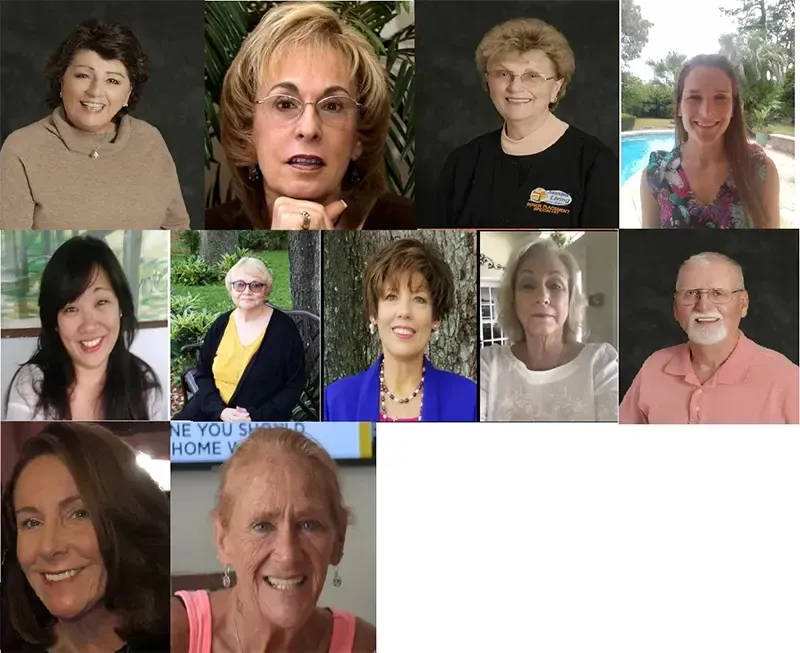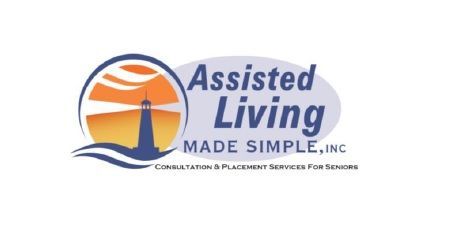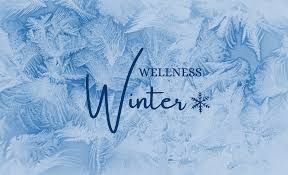Why You Need a Senior Advisor

You may ask, why do I need a senior advisor? Good question. Senior advisors can perform a variety of services for you and they should be all done for free. We at Assisted Living Made Simple are senior advisors and we work diligently for the senior and we do it all for FREE.
A senior advisor is someone who works closely with aging adults to help find the right path for them. Senior advisor’s look at the financial, medical, and social needs of the senior to help determine the best route for them. They also advise on the appropriate attorneys, financial advisors, Medicaid and Medicare specialists in your area; they can recommend home health companies and private caregivers as well. Senior advisors generally have a vast network of others who are “senior motivated” that they recommend and work with regularly.
Senior advisors have the needs of the senior first and foremost. If you find an advisor that you don’t think has your best interest in mind, find another one! Senior advisors work for the senior! You do NOT have to sign an agreement that you will work with them and them alone, do not get bullied into signing anything.
Should you be on the lookout for an independent living, assisted living, or memory care community PLEASE work with a senior advisor, but please use a local advisor. Do not go to the internet or do a Google search. The internet does not know the communities inside out like your local advisor does.
Senior advisors work with the senior and their family to find the best community for the senior. The advisor sits down and goes over the senior’s finances, medical history, social needs and wants and their care needs to determine the best solution for each person’s unique situation.
Senior advisors know the communities inside and out and know what each community offers. They will personally escort you on tours of the communities best suited to your individual needs based on the free assessment. The advisor will then help you choose the community for you or your loved one.
Your senior advisor does not stop there. They can set up a mover for you, arrange transportation if need be and have your room all ready for you upon move in day. All free of charge to you!!
A senior advisor should also have access to groups should you require them. Assisted Living Made Simple holds four (4) Alzheimer’s Caregiver Support Groups a month and can help if you are a caregiver. Caregiving is an extremely difficult road, please don’t go it alone! There is no harm is asking for help.
As you can see, a senior advisor can assist with many, many things from touring communities, medical, social and financial assessments, placement services, Alzheimer’s support, help with procuring VA benefits (if applicable), advocating for the senior, and discovering the best solution. PLEASE find a senior advisor to help you and find one you can rely on and trust!!




